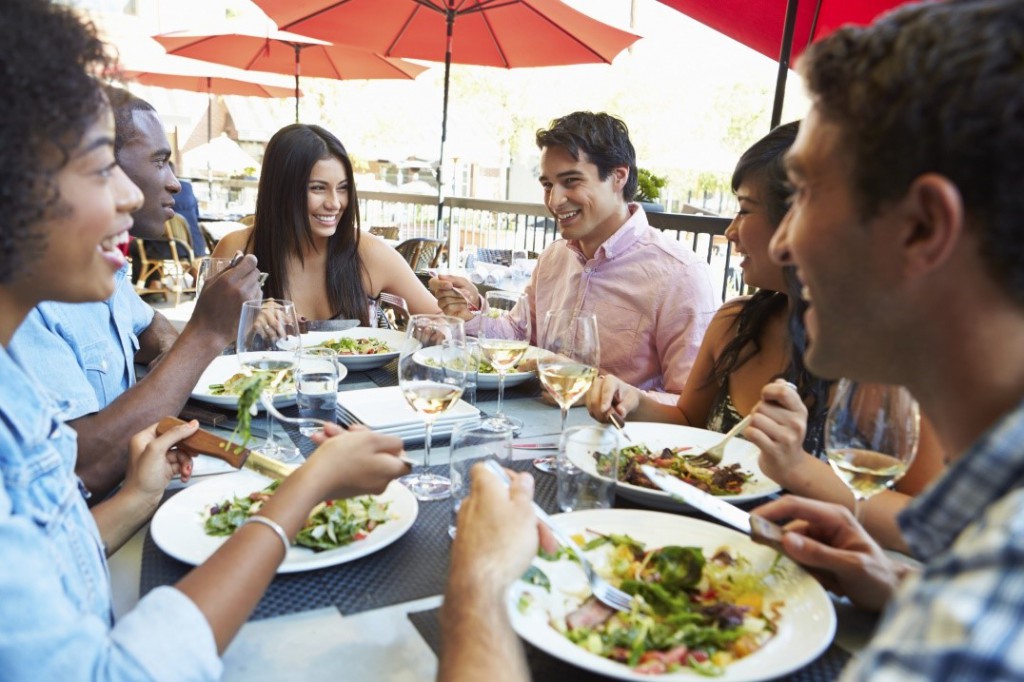Share This
Related Posts
Tags
Airbnb Update
By Yardi Blog Staff on Aug 22, 2017 in News
Nestled in the tech hub of the city of San Francisco, AirBnb has achieved widespread global success since its founding just 8 years ago. Beginning with a simple living room turned “bed and breakfast” in a last-minute attempt to pay rent, Brian Chesky and Joe Gebbia are now operating a global company worth over 30 billion dollars. As a pioneer in the use of ho me-sharing, AirBnb took advantage of the recession in 2008, when many people were looking for cheaper alternatives to expensive hotels when traveling.
me-sharing, AirBnb took advantage of the recession in 2008, when many people were looking for cheaper alternatives to expensive hotels when traveling.
Notably, AirBnb has gained recognition amongst millennials with its unique, quirky, and anti-corporate image. With the recently popularized “Experiences” feature, people are able to pursue this very sense of adventure that AirBnb’s image offers.
According to research released by AirBnb itself, most millennials prioritize traveling over settling down and buying a home. millennials say that they are allocating more money into travel than they did a year ago.
Experiences allows users to participate in activities or excursions that are led by local hosts, who give them a personalized view into their city and communities. Experiences can range from just a couple of hours to an itinerary stretched over multiple days, the latter of which are called immersions.
These experiences could include physical activities such as hikes or surfing lessons, dining, or even workshops. For now, the Experience feature is only available in select cities. In the United States, the only cities with experiences available are Detroit, Los Angeles, Miami, New York City, Portland, San Francisco, and Seattle. Globally, users are able to choose experiences in Africa, Asia, Europe, and Australia.
8 out of 10 people surveyed in the UK, US, and China, say that the best way to learn about a country’s culture is to experience the country the way locals do. For example, 75% of millennials would rather try local foods and local restaurants as opposed to easily recognizable global brands such as McDonalds or KFC.
Not only does AirBnb’s Experiences feature appeal to AirBnb’s adventurous user community, it can also help hosts in a variety of ways. Experiences has given people the chance to make a living as hosts, albeit in an unconventional way. AirBnb’s cofounders admit themselves that Experiences can provide many economic opportunities for potential hosts, especially for freelancers.
Hosts that are freelancers can promote themselves or their brand via Experiences, such as personal chefs offering cooking lessons, or artists hosting workshops. Experiences allows freelancers to continue doing what they love, but gives them the platform to reach a wider audience. With a system that allows users to rate completed activities, hosts can have their experiences increase drastically in popularity within the AirBnb community.
Experiences lasting a few hours to a day usually average around $100, while experiences that take place over multiple days will average around $270.
Lastly, much like how users can truly experience a culture by “living like the locals,” hosts can in turn meet other locals around the area, offering a very immersive and community-based experience for everybody. Not surprisingly, hosts have consistently stated that their favorite part of being an Experience host has been meeting new people.
As of now, Experiences has been widely successful, with Experience bookings. During a recent conference, CEO Brian Chesky says that he believes AirBnb’s core product of Homes will fall second to Experiences in terms of total generated revenue.
